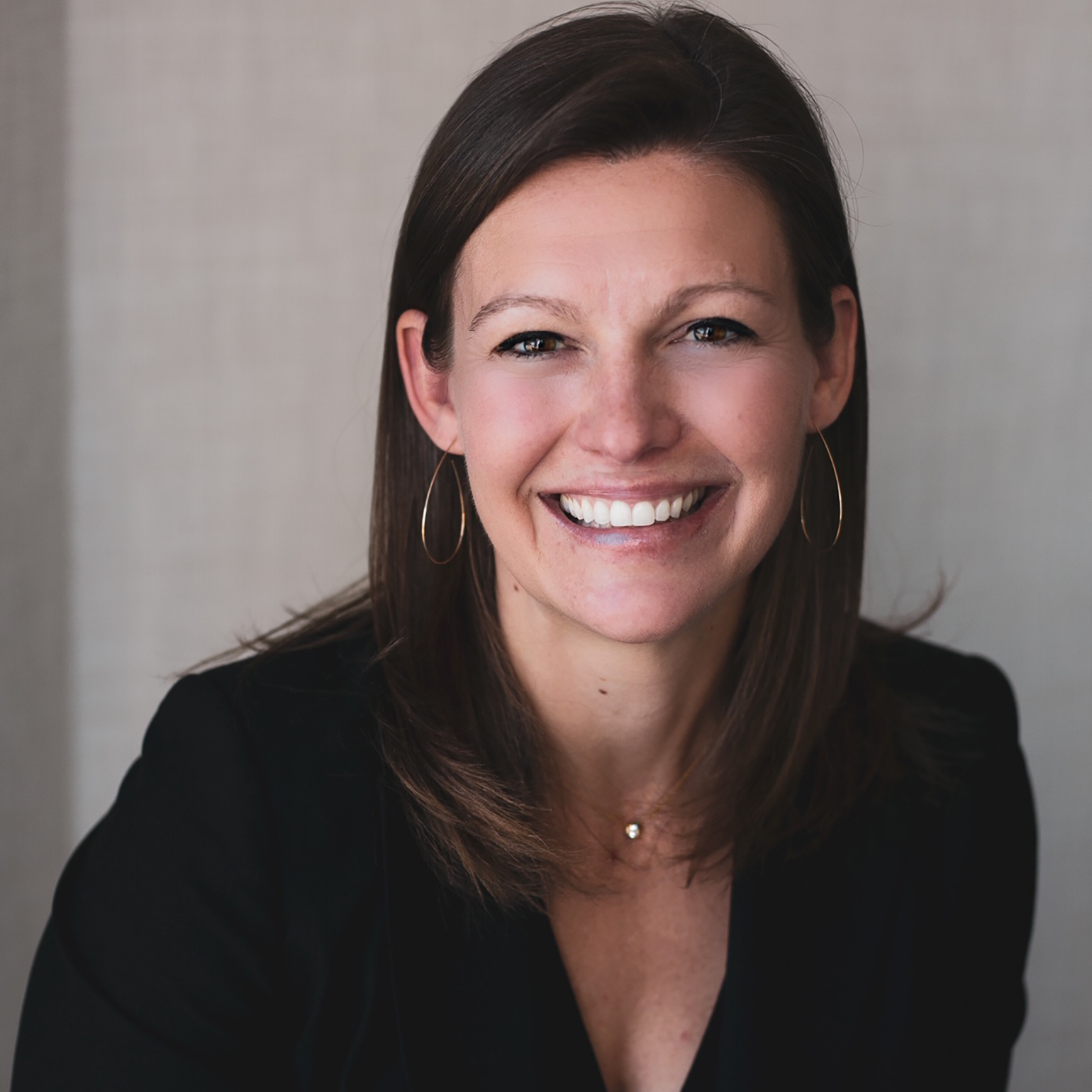Victoria Bailey, an executive director and private wealth advisor with Morgan Stanley's Private Wealth Management division, earned the firm’s Family Wealth Director (FWD) designation about three years ago, and, since then, her team has grown anywhere from 20% to 60% every year. While much of the 150-hour program focused on very technical skills, Bailey says it trained her to be a better listener, a particularly useful skill during the past year's pandemic.
One client, in particular, saw revenue at his company fall to zero in a three-week period. Bailey helped him manage through the crisis and keep his company afloat.
“It was asking the questions and really getting at the root of what he was worried about that allowed us to then manage through it for him,” she said.
“If you think about historically how financial advisors used to advise clients, it was much more siloed,” Bailey said. “And really the only thing that they had to worry about was the investments, but that's just not enough anymore. We definitely need to be able to understand how estate planning, taxes, lending, insurance, all work together in order to deliver the best advice to a client. The FWD program, what it did was it created modules where you really did go into the weeds on these various areas. And it wasn't to make us an expert in any of those areas but really to give an appreciation for them, such that when you're talking to a client, you can highlight issues and then bring in the experts."

Victoria Bailey
One of the most valuable aspects of the program, she said, was getting to know experts across the firm. When the U.S. went into lockdown last year, she already knew who to call when a more-specialized issue came up with clients.
Morgan Stanley requires at least one team member in each of its Private Wealth Management practices to earn the FWD designation. The program takes roughly 150 hours to complete and consists of a series of online modules designed to train advisors on technical issues facing ultra-high-net-worth investors. That includes family governance and succession planning, philanthropy, estate planning, income tax issues, personal risk management, impact investing and behavioral finance. The firm may expand the content to include executive compensation issues, following its acquisitions of Calgary-based Solium Capital, a stock-plan administration company, in May 2019, and Eaton Vance in late 2020.
“We have resources in philanthropy, and estate planning, and trusts, and all of these various areas, and any advisor knows we have them, but a big part of the training is just becoming more agile with identifying when to use them, how to use them and for whom to use them,” said David Bokman, head of Family Office Resources.
Once an advisor completes the modules, there’s a written examination and then a live case study where a candidate comes before two judges who take on the role of the client. The quality of the advisor’s questions will determine the information they receive. The candidate then comes back in three to four hours with a proposal based on what they've learned about the family, its situation and planning objectives. The firm estimates that about 70% of candidates pass and receive the designation. If they don’t pass the first time, they have the opportunity to retake it. There’s also a 30-hour abridged version of the program, which every Private Wealth advisor is required to complete.
Bokman says the firm has seen a burst in activity and heightened demand over the past year for its Family Office Resources, with the pandemic raising people’s awareness of the need to plan around wealth transfer. In addition, it was easier to bring families together on Zoom, despite being located in different cities, to talk about these issues.
“So you have a heightened attention to the issues,” Bokman said. “You have a little bit more opportunity and time in which to do it. And so to the extent that a Family Wealth Director is sensitive to the family dynamics, where the gaps in education are, and the like, I think it was an opportunity to do that.”
The pandemic also brought more attention to health concerns and a heightened desire to focus on philanthropic objectives, Bokman added.
“We had a lot of advisors and clients really have a heightened focus on what we call our lifestyle advisory platform, which has a whole series of offerings around things like health care and travel and the like. And certainly philanthropy. So helping a family identify their philanthropic objectives and work through those together was certainly helpful in an environment where those issues became a little bit larger, if not a lot larger.”





